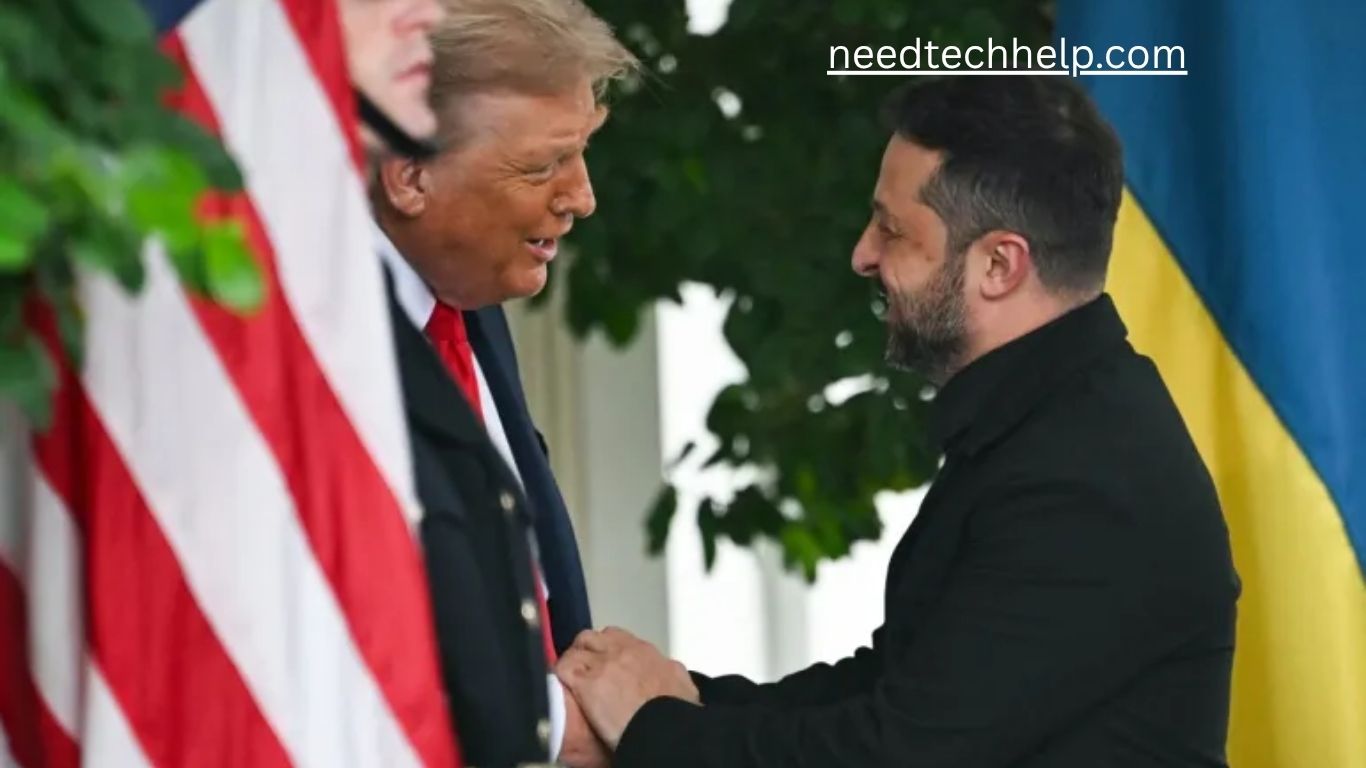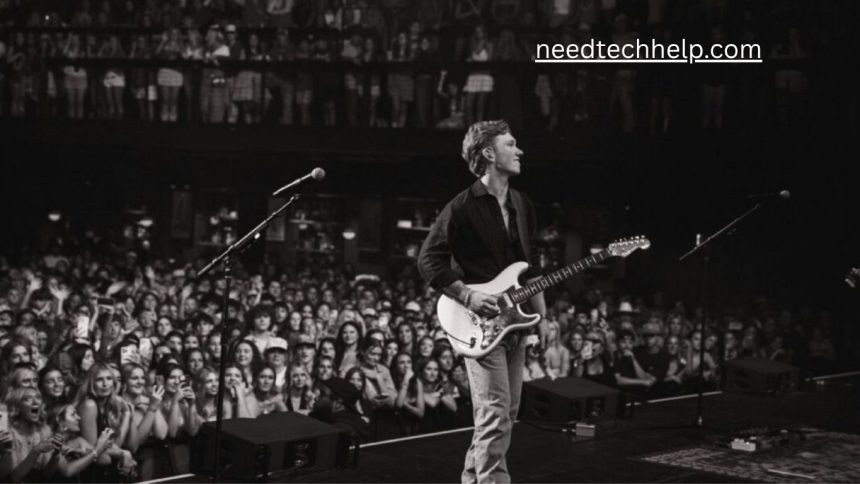Ukrainian President Volodymyr Zelenskyy has expressed readiness to join the much-anticipated summit between U.S. President Donald Trump and Russian President Vladimir Putin, expected to take place in Budapest. His cautious optimism reflects both hope for progress toward peace and concern about the motives behind the talks and the neutrality of their venue.
- Diplomatic Balancing Act
- Zelenskyy’s Conditional Support
- Concerns Over Budapest as Host City
- Orban’s Role and International Reactions
- The Geopolitical Gamble
- Europe’s Divided Outlook
- Frequently Asked Questions:
- What is the Trump-Putin peace summit in Budapest?
- Why does President Zelenskyy want to join the summit?
- Has Zelenskyy been officially invited to the summit?
- Why is the choice of Budapest controversial?
- What are Zelenskyy’s concerns about Viktor Orban?
- What position does Trump hold on the Ukraine-Russia conflict?
- Why is Russia under pressure in these talks?
- Conclusion
Zelenskyy told reporters on Monday that he would participate if officially invited, emphasizing that Ukraine must be part of any discussion concerning its future. “If I am invited to Budapest — if it is an invitation in a format where we meet as three, or what’s called shuttle diplomacy — President Trump meets with Putin and President Trump meets with me — then, in one format or another, we will agree,” he said.
While no official date has been set, reports suggest the meeting could occur in the coming weeks. For Ukraine, the summit’s timing is critical, as the war with Russia approaches its third year with no end in sight.
Read More: http://needtechhelp.com/debt-crisis-suffocates-developing-nations/
Diplomatic Balancing Act
Zelenskyy’s statement came amid renewed diplomatic maneuvering aimed at finding a path toward ceasefire. Since Russia’s invasion in February 2022, several international peace efforts have faltered. Trump’s involvement adds another layer of uncertainty — and potential — to the process.
The U.S. president has repeatedly vowed to “end the war quickly,” though his methods and consistency remain under scrutiny. His approach to both Kyiv and Moscow has fluctuated between pressure and praise, often leaving allies and analysts guessing about his ultimate strategy. In recent months, Trump voiced frustration over stalled peace initiatives and expressed disappointment with Putin for failing to make meaningful concessions after their meeting in Alaska last August.
At one point, Trump floated the idea of sending long-range Tomahawk missiles to Ukraine, a proposal that Moscow quickly denounced as an escalation. Weeks later, following another conversation with Putin, Trump shifted tone, calling instead for freezing current front lines to prevent further bloodshed.
Zelenskyy’s Conditional Support
Zelenskyy has shown cautious openness to the idea of freezing battle lines but insists that such an arrangement cannot replace Ukraine’s long-term goal of restoring its full territorial integrity. Following what was described as a tense meeting with Trump at the White House, Zelenskyy acknowledged that the American leader’s stance was “positive but evolving.”
“After many rounds of discussion over more than two hours with President Trump and his team, his message, in my view, is positive — that we stand where we stand on the front line,” Zelenskyy said.
This measured response underscores Kyiv’s delicate position: while eager for U.S. diplomatic and military backing, Ukraine cannot risk being sidelined in talks that determine its fate. For Zelenskyy, joining the summit is essential to ensure Ukraine’s voice is heard directly in any negotiation shaping the future of Eastern Europe.
Concerns Over Budapest as Host City
Despite expressing willingness to attend, Zelenskyy remains wary of the summit’s proposed venue. The Hungarian capital, Budapest, carries both historical and political weight for Ukraine — and not all of it reassuring. Hungarian Prime Minister Viktor Orban has maintained warm relations with Moscow and a confrontational attitude toward Kyiv.
Orban, often seen as Russia’s closest ally within the European Union, has repeatedly attempted to block or delay EU aid packages for Ukraine. His government’s alignment with Moscow and his skepticism toward Western sanctions raise doubts about Hungary’s neutrality as host.
Zelenskyy openly questioned Orban’s ability to mediate fairly, saying he doubted the Hungarian leader “can do anything positive for Ukrainians” or “provide a balanced contribution.”
For Kyiv, Budapest is also symbolic of broken promises. The 1994 Budapest Memorandum — an agreement in which Russia, the United States, and the United Kingdom offered security assurances to Ukraine in exchange for surrendering its nuclear arsenal — is now widely viewed as a betrayal, given Russia’s subsequent invasions and annexations. Zelenskyy warned against repeating such a “Budapest scenario,” where Ukraine could once again be pressured into accepting false guarantees.
Orban’s Role and International Reactions
Kremlin spokesman Dmitry Peskov explained that Budapest was chosen because both Putin and Trump maintain friendly relations with Orban. That reasoning, however, has done little to ease concerns across Europe. Many EU leaders view Hungary’s position as an obstacle to unity within the bloc, especially as the war drags on.
Compounding the controversy, the International Criminal Court (ICC) has issued an arrest warrant for Vladimir Putin over alleged war crimes committed in Ukraine. Hungary’s government recently began the process of withdrawing from the ICC treaty, effectively ensuring Putin’s safety should he visit Budapest.
European officials condemned the decision, saying it undermines international justice. EU foreign policy chief Kaja Kallas expressed frustration, noting that “it’s not right to see a person under an ICC arrest warrant visiting a European country.” Lithuania’s Foreign Minister Kestutis Budrys added sharply, “The only place for Putin in Europe is The Hague — not in any of our capitals.”
Despite widespread criticism, Budapest has pledged that the Russian leader will not be arrested if he attends the summit, further straining relations between Hungary and its EU partners.
The Geopolitical Gamble
For Zelenskyy, the prospect of the Budapest summit represents both an opportunity and a risk. Participation offers Ukraine a chance to engage directly in shaping the terms of potential peace, but exclusion could leave Kyiv vulnerable to a deal made without its consent.
If the U.S. and Russia negotiate primarily on their own terms, Ukraine fears becoming a secondary player in its own war. Such an outcome could legitimize Russia’s occupation of Ukrainian territory and erode Western unity.
Meanwhile, Trump’s unpredictability adds to the uncertainty. His recent remarks — suggesting a temporary freeze rather than immediate liberation — sparked mixed reactions in Kyiv. Some Ukrainian officials view it as pragmatic realism, while others fear it signals pressure to accept a de facto partition of the country.
For now, Zelenskyy’s strategy appears to be engagement without concession — staying at the table while resisting any deal that compromises Ukraine’s sovereignty. His comments suggest he is prepared to attend the summit but only if Kyiv’s participation is meaningful and not symbolic.
Europe’s Divided Outlook
The planned summit also exposes divisions within Europe over how to handle Moscow. While nations like Poland, Lithuania, and Estonia continue pushing for maximum pressure on Russia, countries such as Hungary and Slovakia advocate negotiation and limited engagement.
Kaja Kallas announced that the 19th round of EU sanctions against Russia would likely be approved soon, reinforcing Europe’s hard-line stance despite the diplomatic overtures. The sanctions are expected to target sectors that continue to fuel Russia’s war effort, including energy exports and defense manufacturing.
In contrast, Hungary has resisted such measures, arguing that sanctions hurt Europe more than they harm Russia — a position that has further isolated Budapest within the EU.
Frequently Asked Questions:
What is the Trump-Putin peace summit in Budapest?
The planned Trump-Putin summit in Budapest is a proposed high-level meeting between U.S. President Donald Trump and Russian President Vladimir Putin aimed at exploring a potential framework for ending the ongoing war in Ukraine. The Hungarian capital has been suggested as the host city due to Prime Minister Viktor Orban’s close ties with both leaders.
Why does President Zelenskyy want to join the summit?
Ukrainian President Volodymyr Zelenskyy believes Ukraine must be directly involved in any peace talks that concern its future. He insists that decisions about the war and possible ceasefire terms should not be made without Kyiv’s participation, to prevent Ukraine from being sidelined in its own conflict.
Has Zelenskyy been officially invited to the summit?
As of now, no official invitation has been issued to President Zelenskyy. However, he has expressed his willingness to attend if invited, emphasizing that Ukraine’s inclusion is essential for a fair and lasting peace agreement.
Why is the choice of Budapest controversial?
Budapest’s selection has raised concerns because Hungary’s Prime Minister Viktor Orban maintains friendly relations with Moscow and has often opposed EU sanctions against Russia. Many Western nations fear that Hungary may not act as a neutral host during such crucial discussions.
What are Zelenskyy’s concerns about Viktor Orban?
Zelenskyy has questioned Orban’s ability to mediate objectively, stating that the Hungarian leader “cannot do anything positive for Ukrainians.” He worries that Orban’s pro-Russian stance could influence the summit’s fairness and outcomes.
What position does Trump hold on the Ukraine-Russia conflict?
President Donald Trump has repeatedly claimed he could end the war “quickly,” though his specific strategy remains unclear. His stance has shifted between supporting Ukraine militarily and calling for a freeze of current front lines to halt further fighting.
Why is Russia under pressure in these talks?
Russia faces growing economic sanctions, international isolation, and an International Criminal Court (ICC) arrest warrant against Vladimir Putin for alleged war crimes in Ukraine. Despite this, Moscow seeks negotiations that could solidify its territorial gains.
Conclusion
President Volodymyr Zelenskyy’s pursuit of a seat at the potential Trump-Putin peace summit in Budapest underscores his unwavering commitment to ensuring Ukraine’s voice is central to any peace process. While the proposed meeting offers a rare chance to ease global tensions, doubts linger over Hungary’s neutrality and Russia’s true intentions. The world watches closely as diplomacy, politics, and power converge — and Ukraine’s participation may well determine whether the Budapest summit becomes a milestone for peace or a repeat of history’s broken promises.












